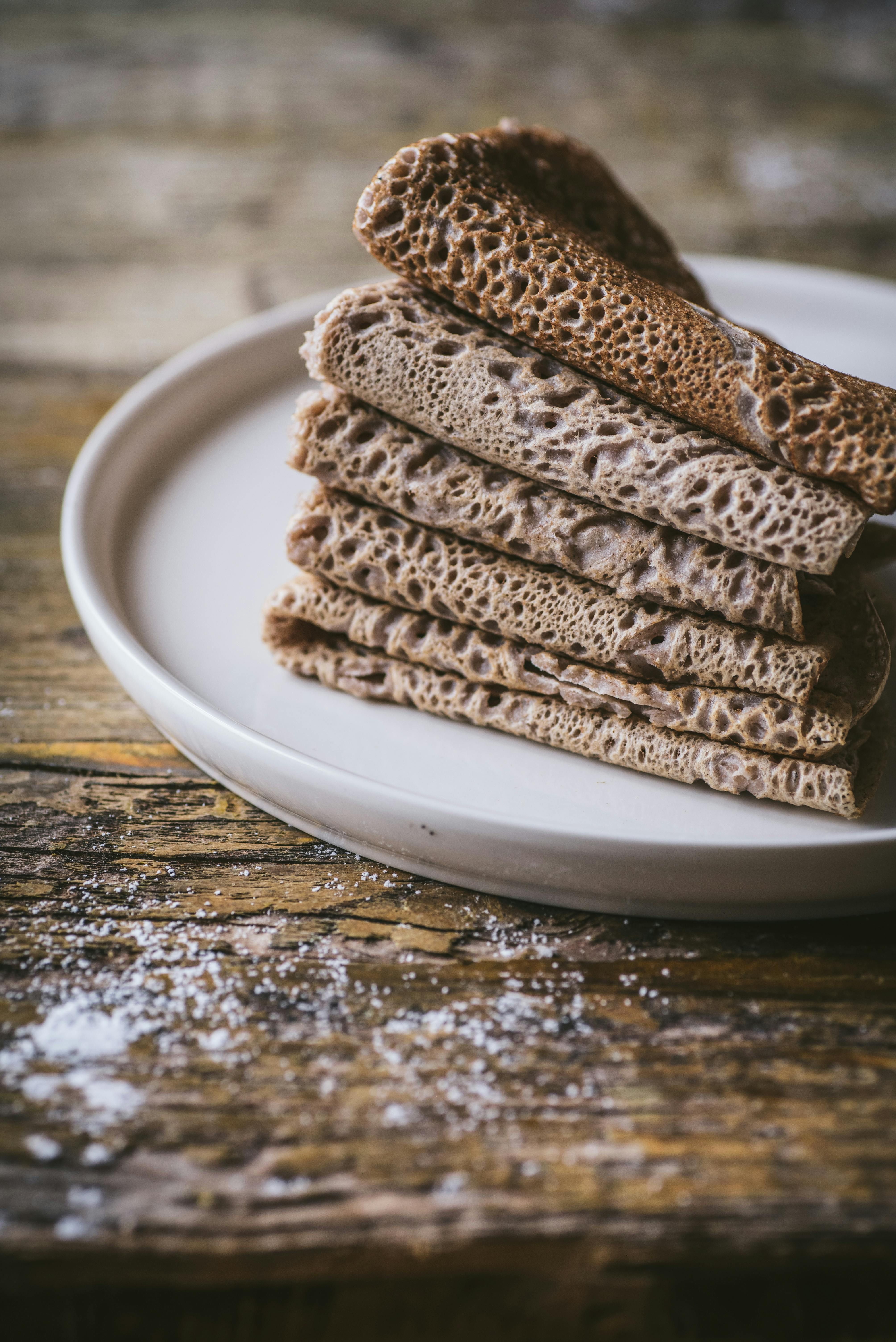Substitute Options for All-Purpose Flour in Your Upcoming Baking Competition
Bake up a stress-free storm with these 12 tasty flour substitutes for all-purpose flour! Whether you're dodging gluten, seeking nutritional benefits, or just want to shake things up, we've got you covered. Here are some all-stars to try:
Flour Powerhouse
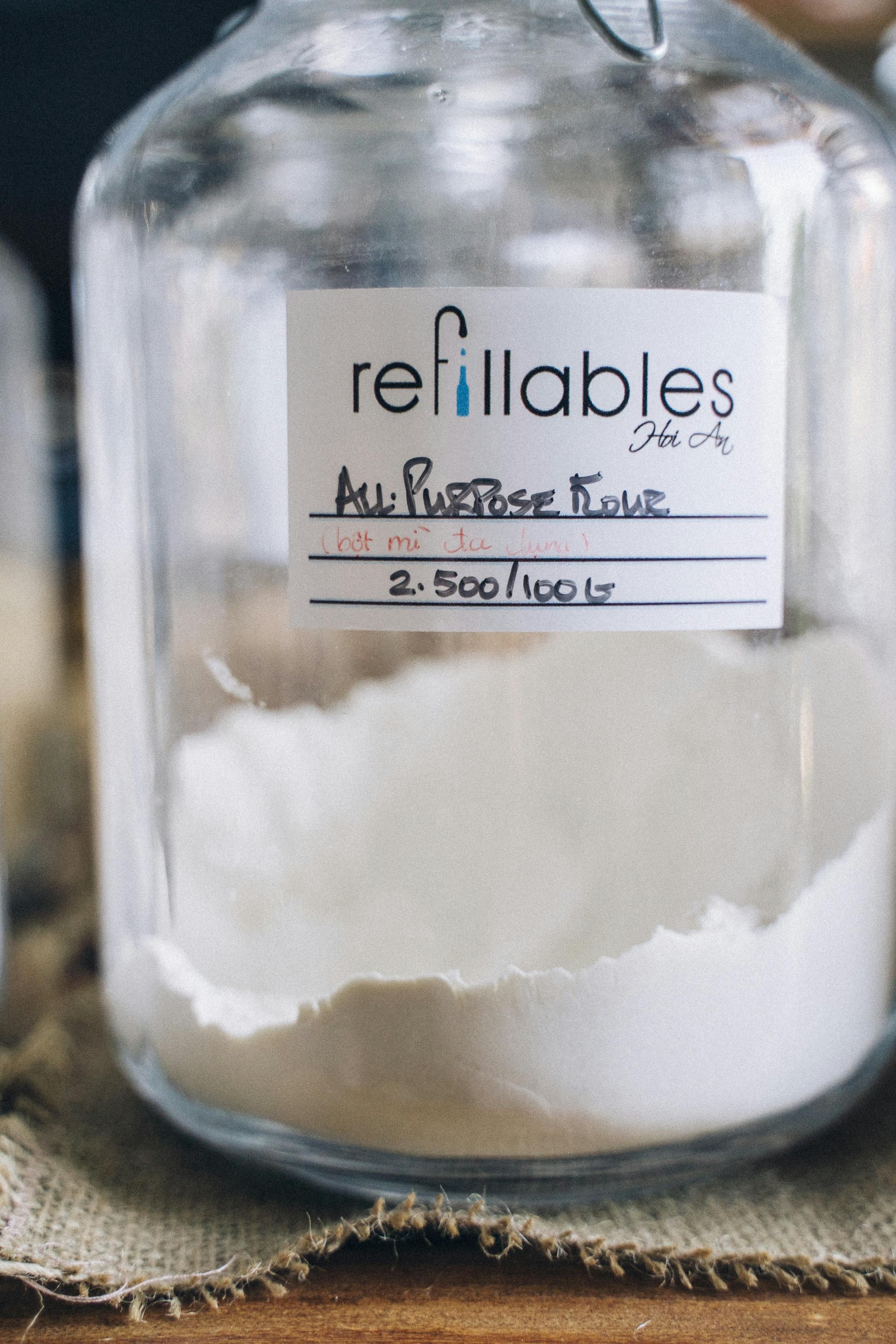
- Rye flour: Delivering fiber and protein in quantities similar to all-purpose flour, this flour ensures a delightful flavor profile. Mix it up with 1 cup + 2 tbsp. (136g) medium rye flour for 1 cup (120g) all-purpose flour.
Cassava flour: A slightly different game in the flour world, as it's made from tubers. It's gluten-free, simple to substitute 1:1 (by weight), but keep in mind that the results might not be entirely perfect every time.
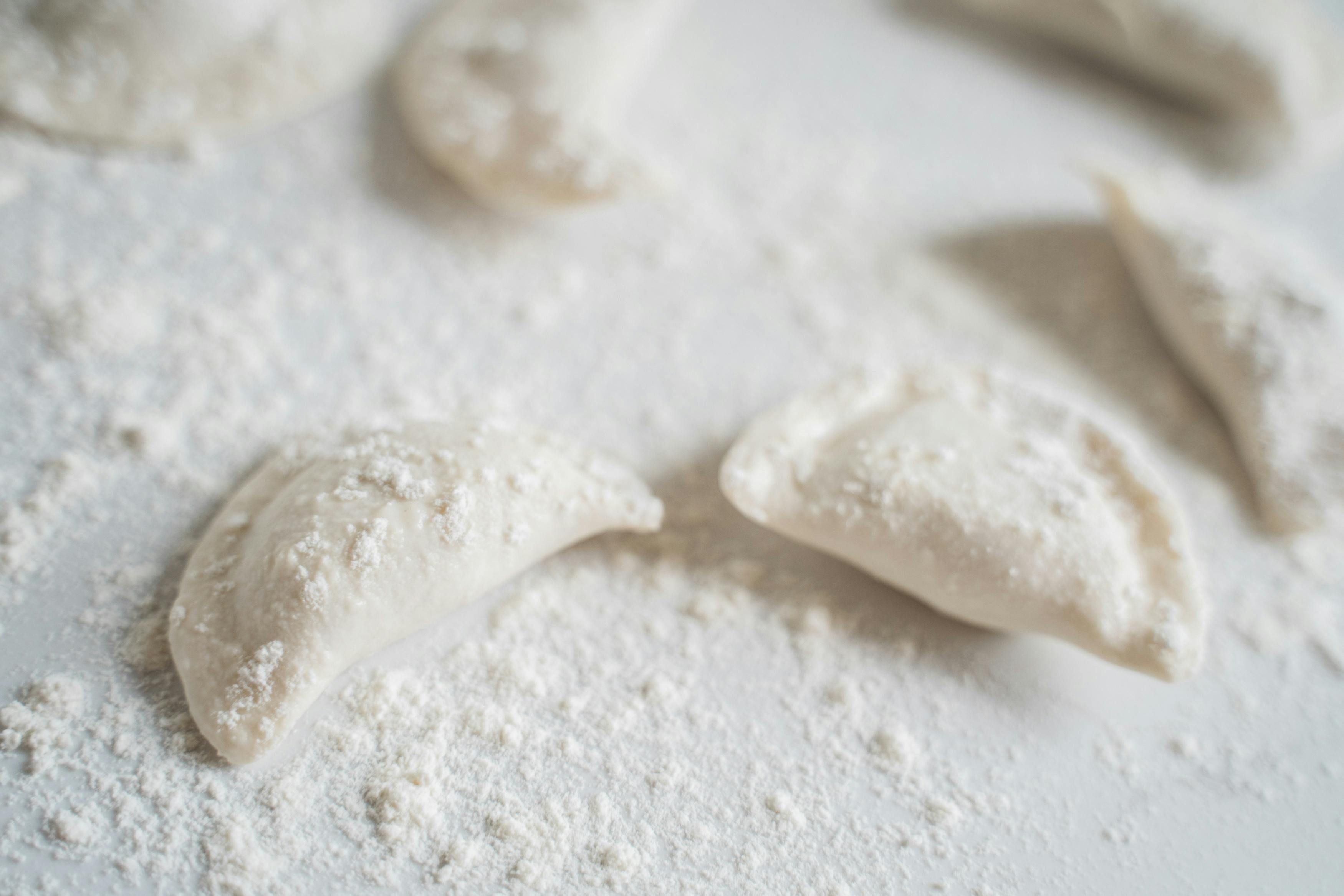
Quinoa flour: Another seed-transformed flour, delivering a nutty, earthy flavor. Use half the amount for optimal results in most recipes.
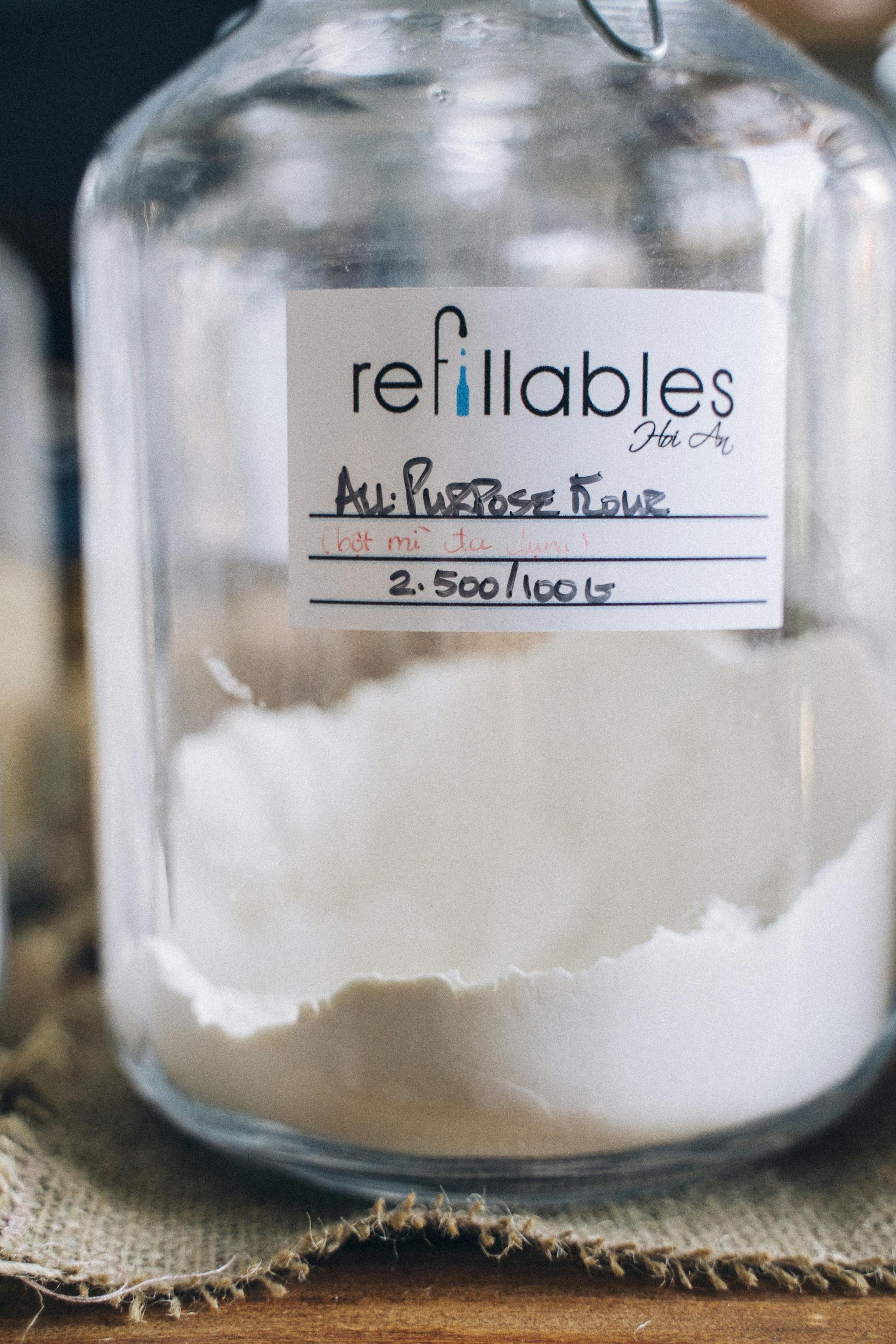
Amaranth flour: Seed-based, ensuring it's gluten-free, and brimming with fiber. Mix it with other flours for an earthy touch to your baked goods.

Spelt flour: Almost like a cousin to all-purpose flour and boasting gluten, higher fiber, and protein. Replace at a 1:1 ratio.

Buckwheat flour: Gluten-free and rich in nutrients, but be warned: it has a distinctive, slightly bitter taste. Lighten up the texture by using it to complement other flour varieties.
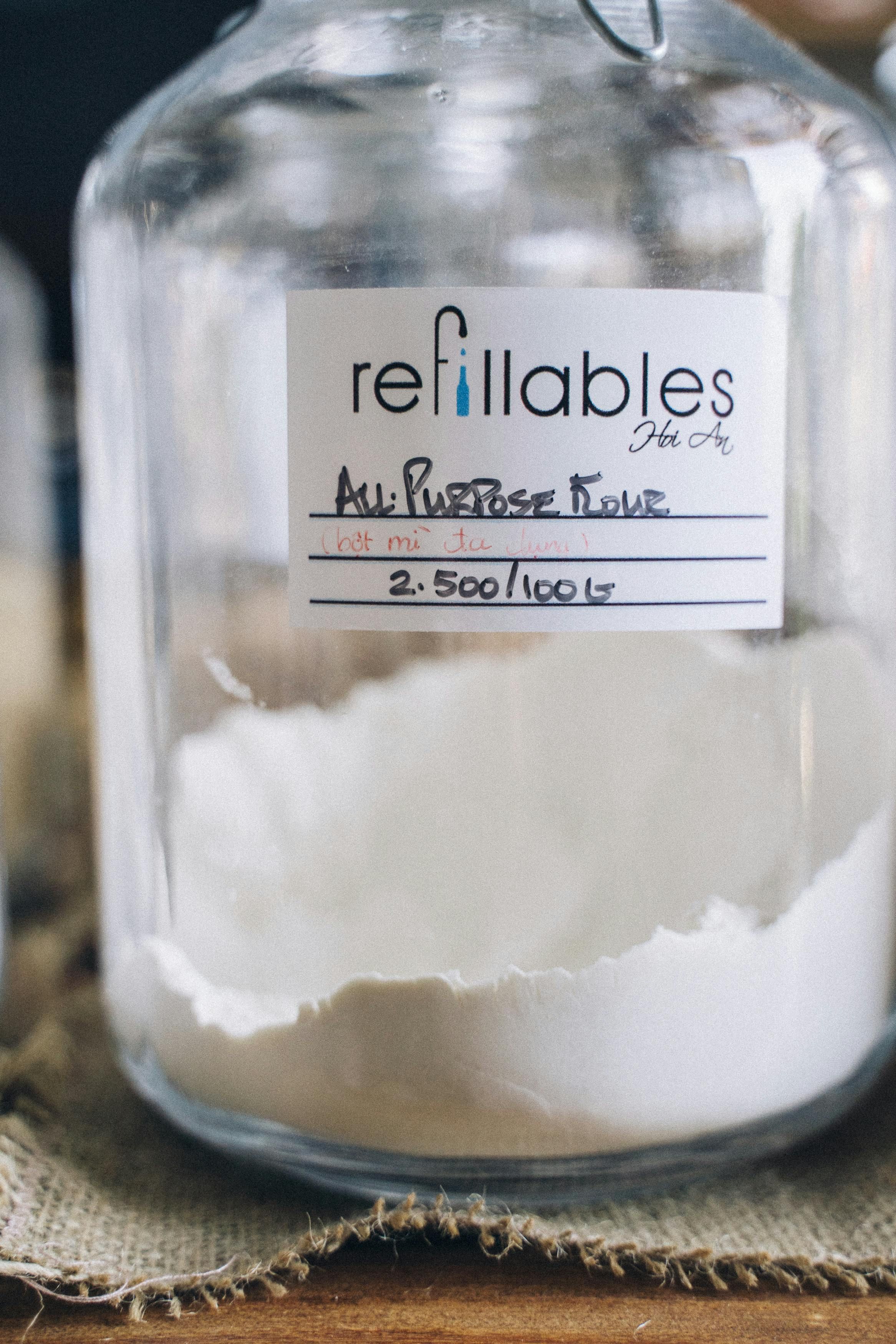
Rice flour (white or brown): Gluten-free and unique in texture, combine with other flours for dishes with unrivaled flavor! Find the perfect blend by trial and error.

Whole-wheat flour: A higher-nutrient choice, boasting an ever-important fiber boost and additional protein. Replace 113g whole-wheat for 1 cup (120g) all-purpose flour.

Gluten-free flour blends: Easy peasy! Choose these 1-to-1 replacement blends. Opt for mixes that contain brown rice flour, sorghum flour, and tapioca flour, as these mimic the properties of all-purpose flour.

Chickpea flour (gram flour): A versatile, delicious flour that's high in plant-based protein. Blend it in your fritters for a deposit of fiber! 3/4 cup (84g) for 1 cup (120g).

Almond flour: A go-to for those following gluten-free and grain-free diets, it's high in healthy fats and low in carbs. Use 3/4 cup (84g) for 1 cup (120g). Don’t forget a binding agent like xanthan gum for optimum texture!

Coconut flour: Perfect for minimizing waste, this flour is made from leftover coconut meat. Naturally gluten-free and fiber-packed, give it a whirl! Swap 1/4 cup (28g) for 1 cup (120g).

In A Pinch
Don't panic if you're out of all-purpose flour! Employ these substitutes as needed:
- When cake flour, bread flour, or self-rising flour enter the scene, follow these guidelines to adjust your recipes accordingly:
- Cake flour: Use 1 cup + 2 tbsp. (136g) cake flour for every cup (120g) of all-purpose flour.
- Bread flour: High in protein and ideal for yeast doughs.
- Self-rising flour: Contains leavening agents. Typical rough equivalent: 1 cup self-rising flour = 1 cup all-purpose flour minus 2 tbsp. + 1 1/2 tsp baking powder + 1/4 tsp salt.
The Takeaway
If you're tired of all-purpose flour or need to avoid it for dietary reasons, no worries! There's a mouthwatering variety of flour products ready to star in your recipes. Just remember to consider each flour's unique characteristics to guarantee baked goods perfection. Happy baking! 🥄🧁❄️📝
- Coconut flour, made from leftover coconut meat, can be a great substitute for all-purpose flour in baking, offering a fiber-rich alternative.
- Almond flour, popular among those following gluten-free and grain-free diets, is high in healthy fats and low in carbs. Remember to use a binding agent like xanthan gum for the best results.
- Chickpea flour (gram flour), a versatile and protein-rich nutritional powerhouse, works well in fritters and can be a healthy substitute for all-purpose flour.
- Gluten-free flour blends are easy substitutes that mimic the properties of all-purpose flour, making baking gluten-free a stress-free experience.
- Whole-wheat flour, boasting higher nutritional value, can be swapped 1:1 with all-purpose flour for a healthier baking choice.
- Rice flour, gluten-free and unique in texture, can add a unique flavor when combined with other flours in your recipes.
- Buckwheat flour, despite its slightly bitter taste, is a nutrient-rich alternative to all-purpose flour, best used to complement other flour varieties for a balanced flavor profile.
- Spelt flour, similar to all-purpose flour but higher in fiber and protein, makes for a simple and healthy substitute in your baking endeavors.
- Amaranth flour, seed-based and nutrient-dense, adds an earthy touch to your baked goods when mixed with other flours.
- Quinoa flour, offering a nutty, earthy flavor, can be used as a healthier alternative in most recipes, just be mindful of the amount used for optimal results.
- Cassava flour, made from tubers, is another gluten-free option that can be easily substituted 1:1 in many recipes, albeit with occasional inconsistencies in the results.
- Rye flour delivers fiber and protein similar to all-purpose flour, while adding a delightful flavor to your baked goods. Remember to use slightly more rye flour than all-purpose for the best results.
When running out of all-purpose flour, consider these alternatives:- Cake flour can be replaced with 1 cup + 2 tbsp. (136g) cake flour for each cup (120g) of all-purpose flour.- Bread flour, high in protein and ideal for yeast doughs, may require specific adjustments based on the recipe.- Self-rising flour, containing leavening agents, requires a rough equivalent of 1 cup self-rising flour equals 1 cup all-purpose flour minus 2 tbsp. + 1 1/2 tsp baking powder + 1/4 tsp salt.
Happy, healthy, and stress-free cooking and baking with these alternatives!
